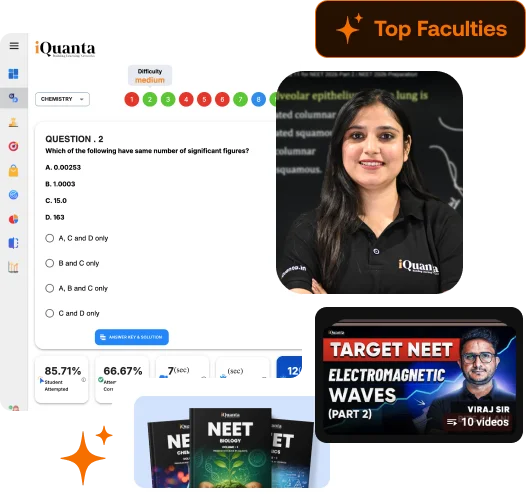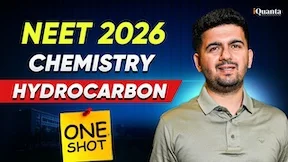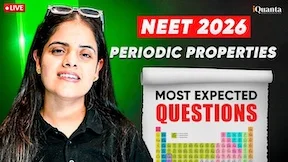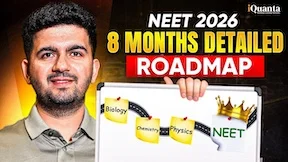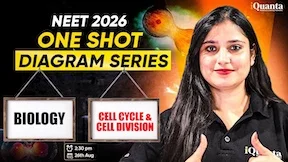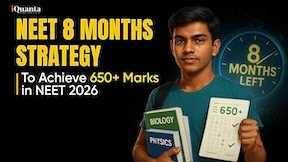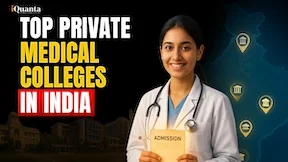Best Study Material for NEET Exam
Unlock free NEET study material by iQuanta. Get access to mock tests, YouTube videos, previous year papers, and the latest news to enhance your exam preparation. Start learning today!
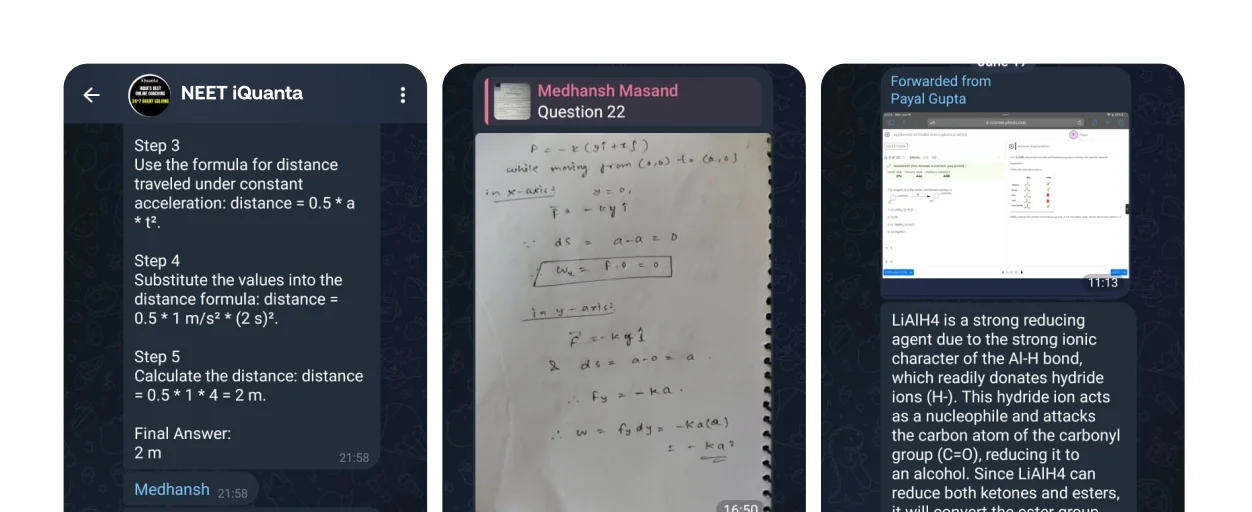
Join Free iQuanta NEET
Community
Daily Practice Session , 24*7 Doubt Solving , Information about NEET Exams, Regular Marathon Sessions, NEET Initiatives
iQuanta NEET Free Preparation Resources
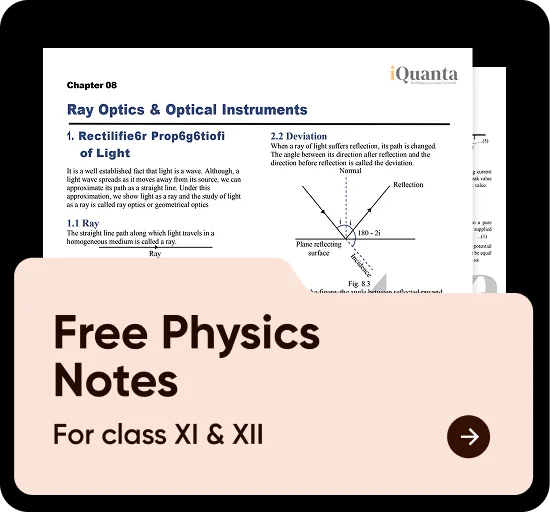
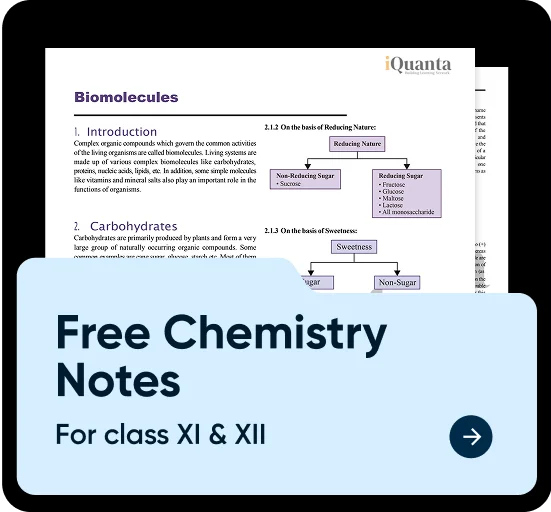


NEET Youtube Playlist
Gain Valuable Insights and Accelerate Your Growth with our Esteemed Mentor
NEET Mocks 2026
Boost your NEET UG prep with our expert-designed mock test series
Paid NEET Resources
iQuanta has a wide array of products available with each of the products having a separate base of audience and perks.
No courses available for the selected options.
Everything About NEET 2027
What is NEET?
NEET UG or National Eligibility-Cum-Entrance Test is a national level medical entrance examination that is conducted to offer admission to medical courses such as MBBS, BAMS, BUMS, BHMS, BSMS and dental courses. This is a standardised exam mandatory for all AIIMs, JIPMER and other top medical colleges. Physics, Chemistry, Biology are the 3 sections of the NEET exam. In order to appear for the exam candidates must have passed class 12 and must have completed 17 years of age or will complete that age on or before 31 December of the year of admission. As per the NEET age eligibility there is no upper age limit to appear for the exam.
Read MoreNEET 2027 Strategy by iQuanta
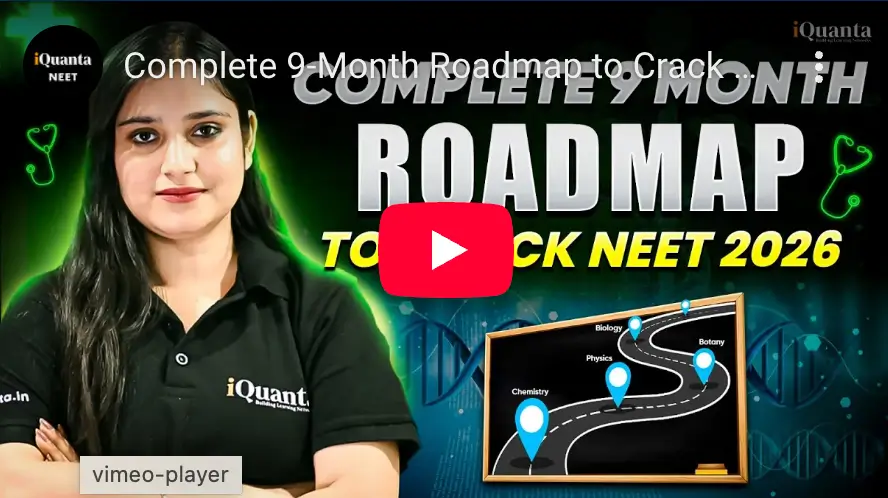
NEET Online Coaching: Zoology Strategy for NEET Preparation
NEET Biology holds maximum weightage in the exam. The right planning and proper syllabus coverage can help you stand out. Enrolling in the dedicated NEET online coaching provides you with an edge. Some of the Biology strategy for NEET preparation are as follows:
The first step is to understand the biology syllabus for the NEET exam. Grasp concepts with NCERT textbooks and then solidify the base with resources offered by NEET coaching.
Master all the important topics like diversity in the living world, structural organisation in plants and animals, cell structure, plant physiology, animal physiology, etc.
Solve NEET previous question papers in biology to get well-acquainted with question patterns and repeated topics in the exam.
Join the best NEET online courses like iQuanta to get 24X7 doubt-solving support and live mentorship. This can strengthen your concepts and boost your confidence.
Practice endless questions with the help of mock tests to evaluate your exam readiness. It highlights all the areas that require more focus and improves your exam-taking strategies.
Frequently Asked Questions
iQuanta provides one of the best NEET study material for students that covers NCERT based notes, Previous Year Questions (PYQs), DPPs (Daily Practice Problems for NEET), Kota-style resources, mock tests and more.
Yes, iQuanta offers free NEET study material that covers NEET Previous Year Questions (PYQs), Kota notes, free youtube playlists which covers important concepts, NEET quizzes and more. These resources are helpful for NEET aspirants so that they can start preparing.
Yes, you will get the first mock test free from NEET All India Test Series, 4 mocks free from mini mock section, one mock free from NEET part test section and all are mentioned on the iQuanta’s NEET study material website so you can access from there.
You can access free NEET PYQs with solutions on iQuanta’s NEET study material website page. Solving PYQs consistently helps you understand exam patterns, important topics as well as difficulty level of NEET exam.
When it comes to NEET preparation, NCERT is the basic foundation to cover strategic preparation for exam and especially in Biology. But extra NEET study materials like DPPs, Mock test series, practice notes as well as concept modules are very important to strengthen your concepts across Physics and Chemistry to help in NEET level questions.
Yes. The iQuanta’s concept module set and other dedicated courses are helpful for droppers also as it covers NCERT-based coverage, advanced practice questions as well as mock tests to boost NEET aspirant’s performance as well as confidence.
Yes. iQuanta’s free NEET study material covers Physics, Biology as well as Chemistry resources through Kota notes, free quizzes, PYQs, some free mocks and YouTube playlists.

